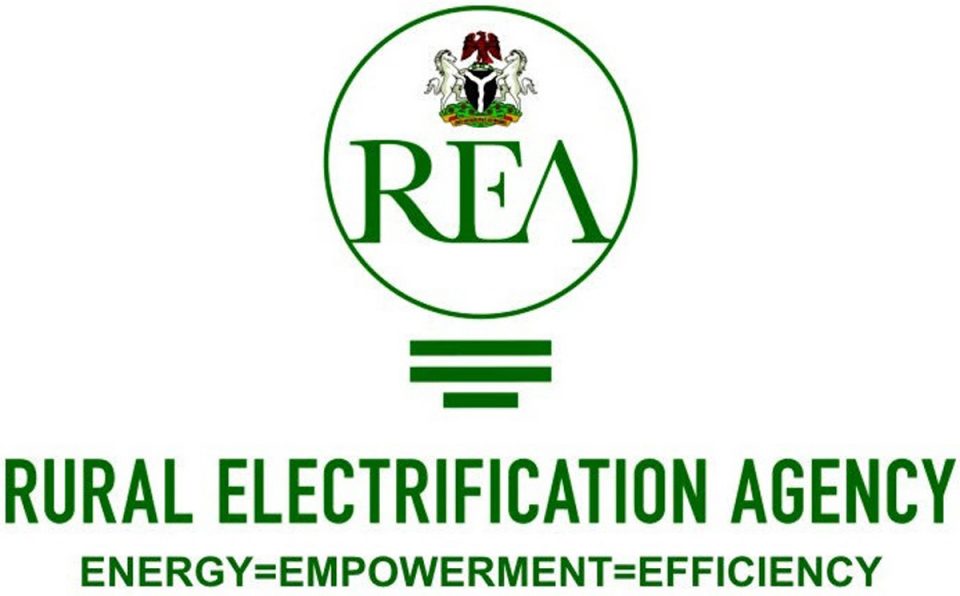By Emeka Ugwuanyi
As part of the central role of the Rural Electrification Agency (REA) in sustainable energy ecosystem, and with the guidance of the Federal Ministry of Power, the agency convened a 2-day roundtable event to chart a new course for collaboration and partnership with designated representatives from the State Governments and Distribution Companies (DisCos).
The event held in Abuja on the 27th and 28th of February 2024 was solution-driven and issues-focused. It was convened in collaboration with frontline institutions in the sustainable development space, Ernst & Young (EY), the United States Agency for International Development (USAID) and the World Bank.
Collaboration and Partnership with States and DisCos is central to the success of REA’s mandate especially in light of the new regulatory framework introduced by the Electric Power Sector Reform Act (EPSRA) 2023 which emphasizes the importance of effective coordination with States and relevant stakeholders for rural electrification projects. Despite the current collaboration and partnership between the REA and some States/DisCos for project delivery, there is a need for increased collaboration to enhance the success of electrification initiatives.
Flagging off the roundtable, the Minister of Power, Chief Adebayo Adelabu, spoke extensively on the need for a deliberate collaboration amongst stakeholders in the sector to achieve the objectives of providing universal energy access for all to optimize the 2023 Electricity Act signed by President Bola Ahmed Tinubu.
The Minister, who harped on the concept of collaboration as the focus of the roundtable explained that “the dichotomy between on-grid and off-grid solutions should no longer be seen as a division but as complementary components of a holistic energy strategy.” He added that “by seamlessly integrating on-grid and off-grid efforts, we can ensure that every citizen, regardless of location, enjoys the benefits of a reliable and sustainable power supply”.
While calling for a renewed sense of urgency for the transformative change needed in the sector, the Minister stressed the need for immediate action to address longstanding challenges, highlighting recent achievements while emphasizing the need for sustained effort.
In June 2023, the 2023 Electricity Act was signed by His Excellency, President Bola Ahmed Tinubu, liberalizing the electricity market and granting states the authority to design their respective energy access pathways and independent electricity markets within their respective jurisdiction. This equally gives State Governments the independence to establish state electricity Agencies to guide on electricity operations within the state.
While delivering his Keynote address, Engr. Ahmad Salihijo Ahmad, the MD/CEO of the REA, emphasized the critical role of sustainable energy to national development. He explained that “beyond keeping the lights on, the REA’s approach is to continue to explore access gaps across sectors while working with diverse stakeholders to target clean energy innovations towards solving real life problems, be it on e-mobility to mitigate the effects of rise in fuel price; agriculture value chain to aid productivity; education to improve the academic experience of students and staff members; security to light up dark spots and reduce crime rates, or local economies to improve per capita productivity”.
While referencing the growth of interconnected mini-grids as collaborative model targeted at providing energy to underserved Nigerians, Ahmad explained that the REA understands the transformative impact achievable through partnerships between States, DisCos and private sector partners which must be optimized to further draw in investment opportunities to the energy sector.
Reemphasizing its firm’s commitment towards fostering a harmonious working relationship between the REA, States, and DisCos, Anthony Oputa, the Regional Managing Partner of Ernst & Young explained that the firm’s efforts in the energy sector is targeted at working in lockstep with stakeholders to “create pathways for access to critical data on unelectrified communities, and facilitate seamless coordination and information flow among all stakeholders”. Oputa reiterated ongoing efforts to “establish a formal structure for engagement and collaboration with DisCos, creating an enabling environment for mini-grid developers, while promoting accountability and capacity-building initiatives”.
While commending the REA’s efforts on energy access, Brook Adam, Private Sector & Power Team Lead, USAID – Nigeria Power Sector Programme (NPSP) applauded the timeliness of the REA Roundtable. He explained that the new Act is designed to create new opportunities in the sector, bolster investor confidence while improving private sector participation as it “empowers states to play a larger role in addressing Nigeria’s rural electrification gap and for improving coordination between state governments, distribution companies, clean energy developers and financiers”.
Abba Aliyu, the Head, Project Management Unit of the Nigeria Electrification project (NEP) shared insights with the State Government delegation on the REA’s ongoing partnership with the World Bank on the implementation of the Distributed Access to Renewable Energy Scale-up (DARES), a World Bank-funded project of the Federal Government of Nigeria scheduled to launch in 2024. This, Aliyu assured will further enable the Federal Government’s rural electrification interventions to reach more last-mile communities across the nation.
The 2-day Roundtable availed stakeholders the opportunity to share insights on possible solutions to historical problems bedeviling the sector while exploring the opportunities captured in the 2023 Electricity Act. At the close of the event, all stakeholders committed to strengthening ties through the maintenance of a harmonious relationship for sustainable energy access amongst the unserved and the underserved.
The 2-day event had in attendance representatives from the State Governments, Commissioners, State Focal Persons, Heads of Agencies, representatives of the Nigeria Governors Forum (NGF) and representatives of key Development Financial Institutions (DFIs).


previous post


